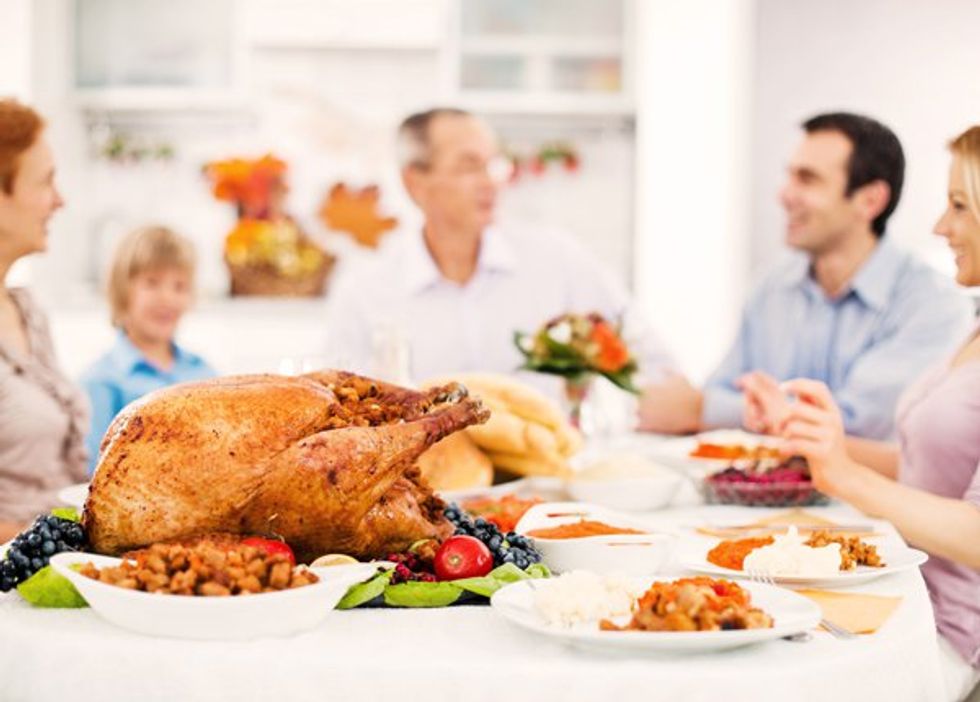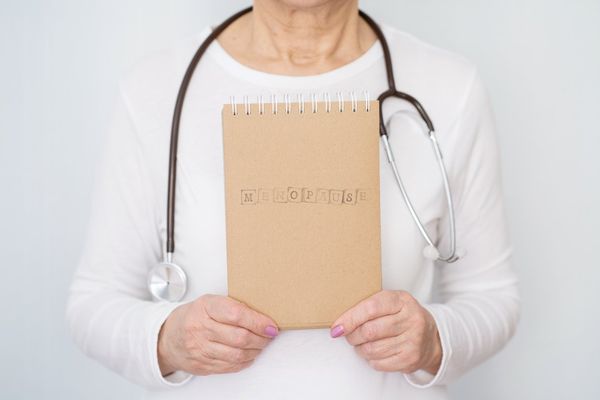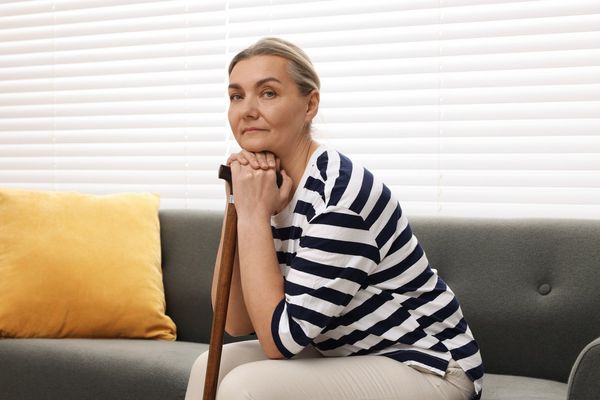When I was diagnosed with breast cancer in 1988, my two sons were very young—my oldest, just shy of three and his brother just 19 months behind him.
In a way, their young age worked in their favor, because they were blissfully unaware (like toddlers should be) of the health challenges I was facing both as a young woman with a surprise diagnosis and as a mom of two very young children.
And I pair the word "surprise" with "diagnosis" because I never suspected that breast cancer would enter my life—especially at age 34. I had lived a relatively healthy life. I ate well, exercised and maintained my weight. I didn't smoke, drink or abuse my body in any other ways.
But the moment I was diagnosed with breast cancer was the moment I HAD TO KNOW. I needed to find out my family health history. Was there something that may have caused or contributed to this? Has anyone in my family had cancer? What could help explain it?
Learning Your Family Health History
While both genders are susceptible to breast cancer, I peppered my mother and grandmother with questions. Who in our family had breast cancer? Who was sick or died at a young age, perhaps before they had a chance to develop these chronic conditions? What kinds of things did our relatives die from?
Turns out, none of my immediate family members had a history of cancer. The only close female relative I knew with cancer was my paternal grandmother, who died when I was just six. And I never did have a clear idea of what exactly took her life when she was in her early 60s—was it stomach cancer or uterine cancer? Or maybe ovarian cancer? Cancer, back then, was mentioned—if at all—in hushed tones, wrongfully connected with embarrassment and shame. People just didn't know what to make of it.
Not knowing is frightening—and that lack of knowledge doesn't help future generations.
Unable to find a direct connection, I decided to be tested for the BRCA gene mutation, which can lead to a greatly increased risk of breast or ovarian cancer. Negative. Had I tested positive, there were precautions I could have taken to further protect myself (some ways include increased surveillance, hormonal therapy or preventive surgery, also known as prophylactic surgery).
This is all my way of saying that knowing your family health history may be an important factor in managing your health. It can give you information that may help you and your doctor monitor for certain conditions, make lifestyle changes, and/or take preventative measures that may help fend off certain chronic diseases and potential killers like cancer, diabetes, heart disease and stroke. Your family health history may provide information regarding a predisposition to disease, but it does not necessarily dictate your ultimate fate. Knowing and discussing your family history with your healthcare provider provides an opportunity to take steps that may help you improve the way you manage your health.
Having "the Talk" With Your Kids
Where to begin talking to my own children about our family health history? After all, I don't have the BRCA gene mutation for cancer, but who knows what genetic predispositions for other illnesses I might have and that were passed on to them? And could be passed on to their kids someday.
A few years ago, I decided to finally have "the talk" with my two sons. No, not "THAT" talk—thankfully, we had checked that one off the list years ago, when the boys were just starting to notice girls. (That talk couldn't wait.) But somehow this talk waited … and waited … and waited.
Discussing our medical history was not exactly top of mind as the boys passed from childhood to adolescence to near-adulthood in what seems like a blur while there were so many other things swirling all around us. Things like everyday life.
The holiday turkey would be the perfect excuse. Let me explain. Like most families, we were always running in opposite directions. It had become a rare occurrence—and a tremendously fulfilling one—to be in the same room as my two sons. And since I implored them to leave their cell phones at the door and come into the kitchen to help me cook—Look! I'll teach you how to make a turkey so you can host your own holiday dinner someday!—I had a captive audience.
Me: OK, guys, we need to talk.
Them: Collective groan. Furrowed brows. Eye rolling. Was a lecture coming? What would it be about this time? Money? Drinking? Climate change or politics?
Me: As you get older, you really need to be more aware of our family's health history. (This was said as they doused their carrot sticks with the creamy onion dip that had become our annual before-dinner "treat.")
Them: What's wrong?
Me: You're both now in your 20s. Knowing what's behind you is important so you know how to move forward. Having a family history of certain diseases like heart disease, cancer or diabetes can increase your risk, too.
Them: Do we really have to worry, Mom?
Me: It's not about being worried, it's about being mindful of your habits and your choices, because family history can sometimes override the best of intentions. If you adopt a healthier lifestyle early on, you can really have a hand in changing the course of things in preventing and reducing the likelihood of having to deal with certain diseases later.
After that, we had a thoughtful discussion about what diseases I was aware that ran in our family, based on what I had uncovered in my conversations with family members.
I looked up and noticed the boys were eating their carrot sticks sans dip.
Me: Hey, would you pass me the salt? I need to season the turkey. Oh, never mind. Let's season it with herbs, instead. High blood pressure runs in the family, you know!
Before we sat down to the dinner table and shared what we were grateful for, my sons thanked me for helping them learn to be mindful and careful when it comes to managing their own health.
It's never too late—or too early—to know what makes your family tick. Having a heart-to-heart talk with your relatives about family health history may be the most meaningful conversation you'll have this holiday season.
Think talking with relatives about health and disease is awkward? Watch this video for some perspective, and get prepared to address the topic head-on this holiday season.
To help get the conversation started about your family health history, check out GetOld.com.
This post was created with the support of Pfizer.






